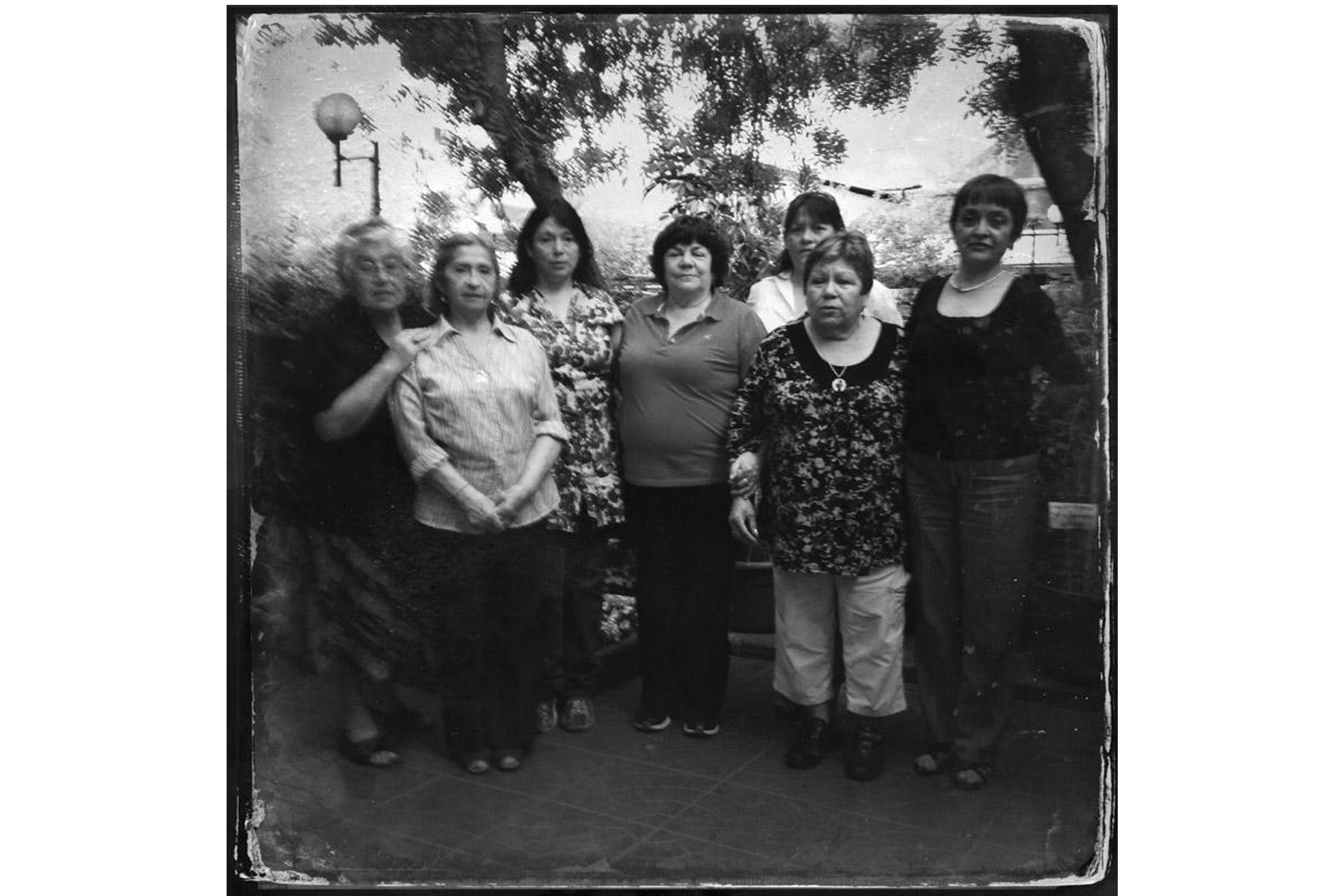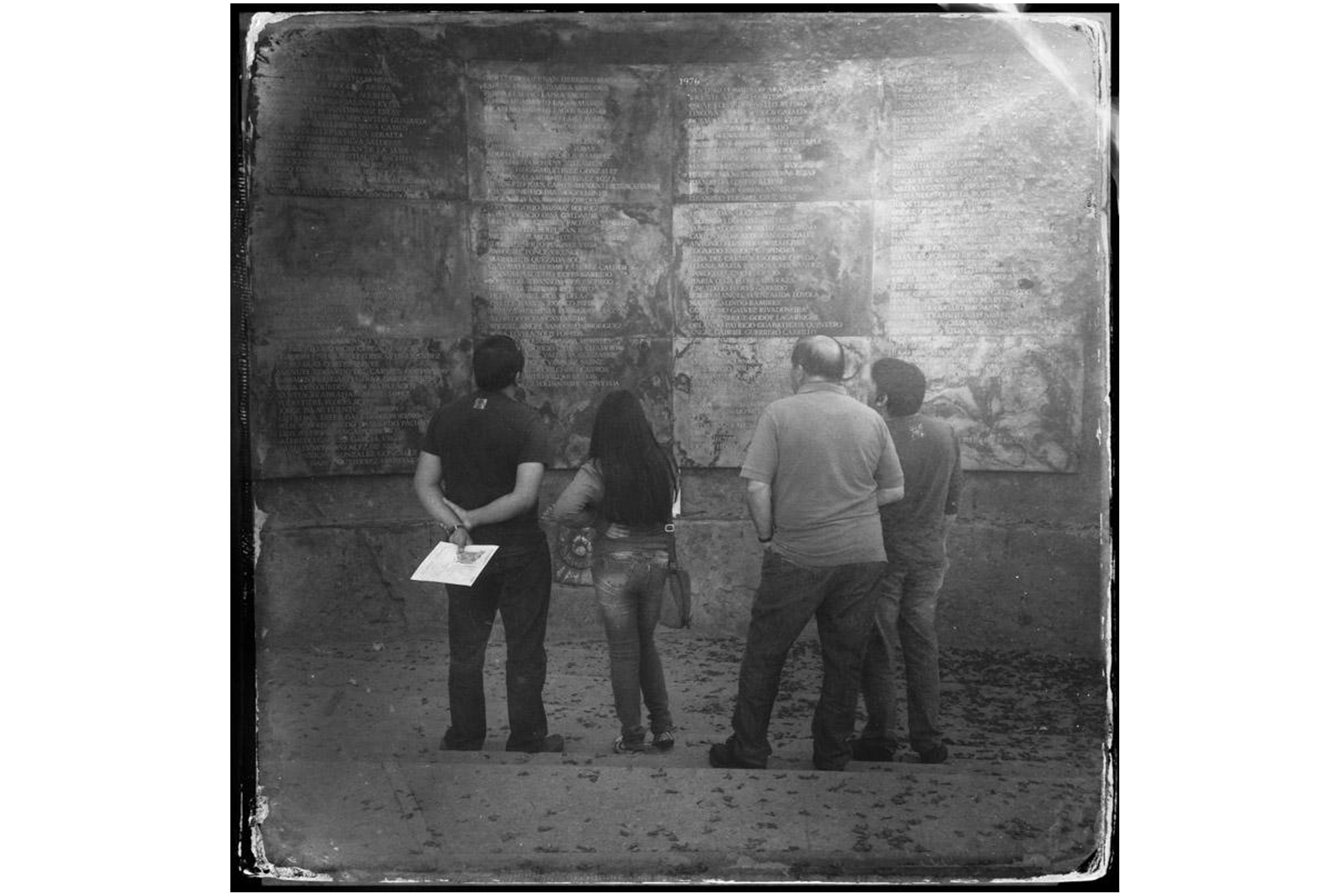Documentary photographer Jon Lowenstein and his brother Jeff Kelly Lowenstein, a Fulbright Scholar at the University of Diego Portales, are currently in Chile in the run-up to the country’s 2013 presidential election. Together they are documenting how the nation’s people are faring during this historic period 40 years after the coup overthrowing President Salvador Allende by General Augusto Pinochet. Jon’s images are currently being streamed on the New Yorker magazine’s Instagram feed, and the brothers have just posted the first in a series of three articles on the New Yorker’s Photo Booth blog. Below, find an introduction to the work by the Lowensteins, and more sample images from this powerful body of work in progress.
“Forty years after the coup headed by Gen. Augusto Pinochet, Chile remains a wounded, divided nation where the past lives in the present. The nation’s enduring rifts are visible in the glaring contrast between the entrenched poverty in Santiago’s shantytowns and the country’s elite, who enriched themselves during the dictatorship.
History is alive in the homes of people like Ana Gonzalez, a woman whose husband, two of her sons and pregnant daughter-in-law were disappeared during the dictatorship.
And it’s a force in the November presidential election featuring Michelle Bachelet and Evelyn Matthei. The daughters of Air Force Generals played together as children, but their lives were changed permanently by the coup. Matthei’s father Fernando joined the junta. Bachelet’s father Alberto remained loyal to Salvador Allende and the constitution, paying for that decision with his life.
Yet there are also glimmerings of Chile’s coming to terms with its bloody past. Among the most important: this September 11 saw an unprecedented outpouring of memory-related activity.”





